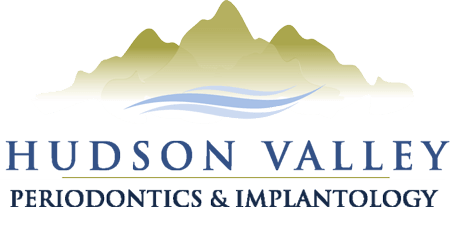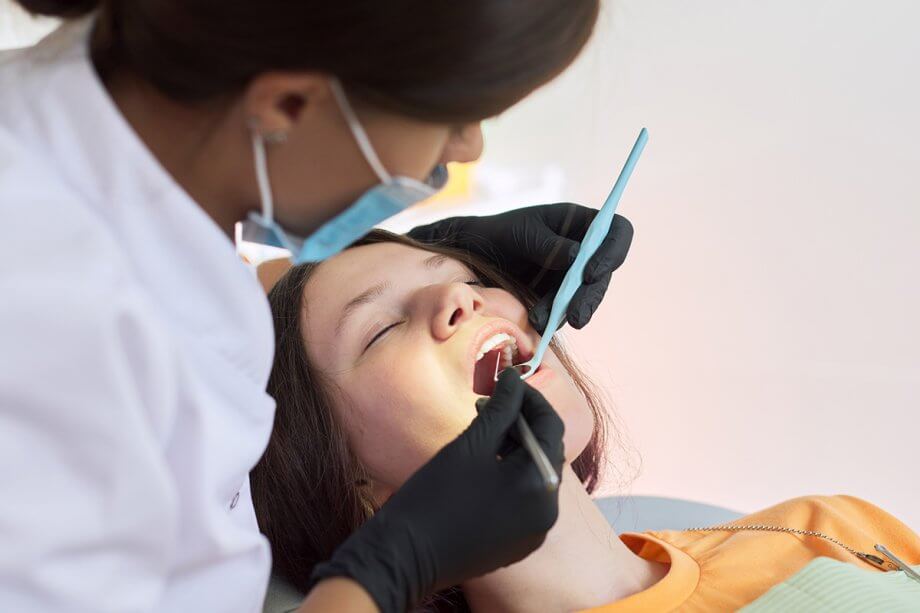Sedation is a helpful tool used in dentistry. It can help patients feel more relaxed when it comes to receiving dental treatment. If you feel nervous or anxious about an upcoming dental procedure, you may want to ask about sedation options. But before you do, you may have some questions about sedation, such as whether or not it is safe. Here are the answers to common questions about sedation dentistry.
What is Sedation?
Sedation refers to medically induced relaxation through some kind of chemical administered to the body. It helps you feel more calm and reduces anxiety. Sedation can also make complex or invasive procedures easier on patients.
What Are the Different Types of Sedation?
There are a few different types of sedation that are often used in dentistry:
- Nitrous oxide. Nitrous oxide is a gas that you breathe through a mask over your nose. It is casually referred to as laughing gas because it can cause some patients to laugh or giggle. For most patients it provides a calm, relaxing feeling. You may feel a tingling sensation in your fingers and toes. Nitrous oxide takes effect in just a few minutes and wears off just as quickly.
- Conscious oral sedation. An oral sedative can be prescribed for you to take before you arrive for your procedure. You should feel more relaxed and may even feel sleepy or groggy, but you will be awake.
- IV sedation. Medicine can be administered intravenously to provide a deeper level of sedation. You are technically conscious, but you most likely won’t remember anything about the procedure afterwards.
- General anesthesia. General anesthesia is the deepest level of sedation. You are completely unconscious and will not remember anything from the time you are under. This is the same type of anesthesia that is used for most medical surgeries.
Is Sedation Safe?
Sedation is safe for most patients most of the time. Certain medical conditions may increase the risks associated with sedation. A complete medical history and list of current medications will be acquired before administering any sedatives to ensure safety. Prior approval from your primary care physician or other specialists may be required.
Will I Still Need Local Anesthesia with Sedation?
With most forms of sedation you will still need local anesthesia to numb the area being treated. This is to prevent you from feeling any pain, both during and immediately following your procedure.
Does Sedation Require a Hospital Stay?
Only general anesthesia requires the procedure to be done in a hospital setting. This allows for careful monitoring of your vitals while you are unconscious. You may have an out-patient or in-patient procedure depending on your needs.
Can I Drive After Sedation?
The only form of sedation that allows you to drive afterwards is nitrous oxide because it wears off almost immediately. All other forms of sedation require a trusted person to drive you to and from your appointment.
Hudson Valley Periodontics & Implantology Provides Sedation
We understand that dental procedures can be intimidating and even downright terrifying for some people. This is why we offer a wide range of sedation options to help you relax. The comfort of our patients is our top priority, and sedation helps us ensure that you are comfortable throughout your procedure.
Call 845-623-6666 or contact us today to learn more and schedule an appointment.

